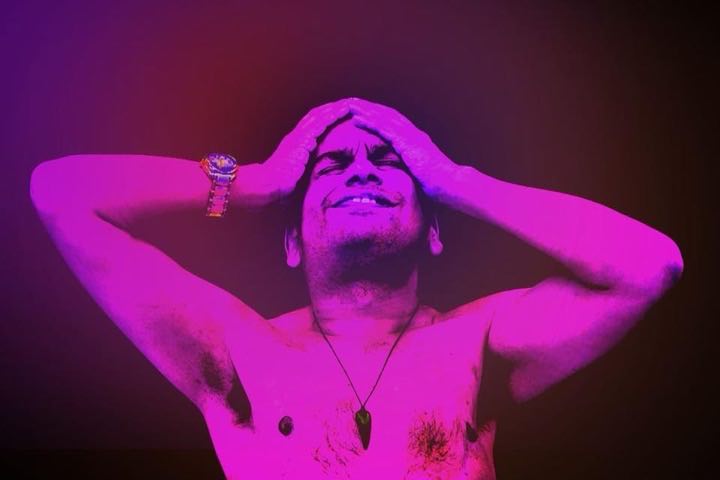
A regional tour that’s ‘so gay’
By Drew Sheldrick
A new educational tour of rural Australia will tackle homophobia in remote regions of the country in an effort to fill the hole left by the end of Rodney Croome’s well-known Outlink program.
It’s been a decade since the Australian Human Rights Commission initiated Outlink, a national network of support and advocacy services for young gay and lesbian people living in rural Australia. The project ended in 2003 after ongoing funding could not be secured.
An original Outlink facilitator, Daniel Witthaus, will attempt to pick up where the project left off and expand upon Croome’s work with his own tour, Beyond ‘That’s So Gay’.
“It can be a logistical nightmare in terms of on-the-ground activities, like workshops, but I’m comfortable with it now. I’ve been doing this sort of thing for well over a decade,” he said.
Witthaus, 33, began educating schools on homophobia with a landmark program working with hundreds of young people in Geelong. His experience with both this and Outlink served as the inspiration for an educational package, called Pride & Prejudice, he developed to challenge homophobia in secondary schools. Its subsequent success in Victoria is something he hopes to replicate across the nation with this new venture.
“I think there is a need to update the Outlink dialogue. Back when Rodney was doing it he’d be going into places for a day or afternoon and I’m going in for weeklong periods. It helps to build trust and shares resources and strategies with other educators,” Witthaus said.
The tour will correspond with the release of Witthaus’ new book, Beyond ‘That’s So Gay’: Challenging Homophobia in Australian Schools.
“The book has a decade’s worth of stories and anecdotes, and presents solutions for people who don’t know where to start on tackling homophobia,” he said.
“Teachers love a good story, but they also want to know that something works, which is why I try to put an emphasis on practical solutions.”
Witthaus said that despite students in metropolitan areas having greater access to information than regional students, and being more likely to know someone in the gay and lesbian community, the differences in attitudes aren’t vast. If anything, he said he believes regional institutions are more receptive to solutions for homophobia.
“You realise that regional institutions want to engage with you about the issue. They’re first to say, ‘Oh, are we the worst school you’ve been to,’ and are willing to reflect on the issues.
“A lot of metropolitan people won’t even accept that homophobia is present.”
info: For more information on the Beyond ‘That’s So Gay’ regional tour or book, visit www.thatssogay.com.au





What an excellent idea, but it is long overdue!!!!!!